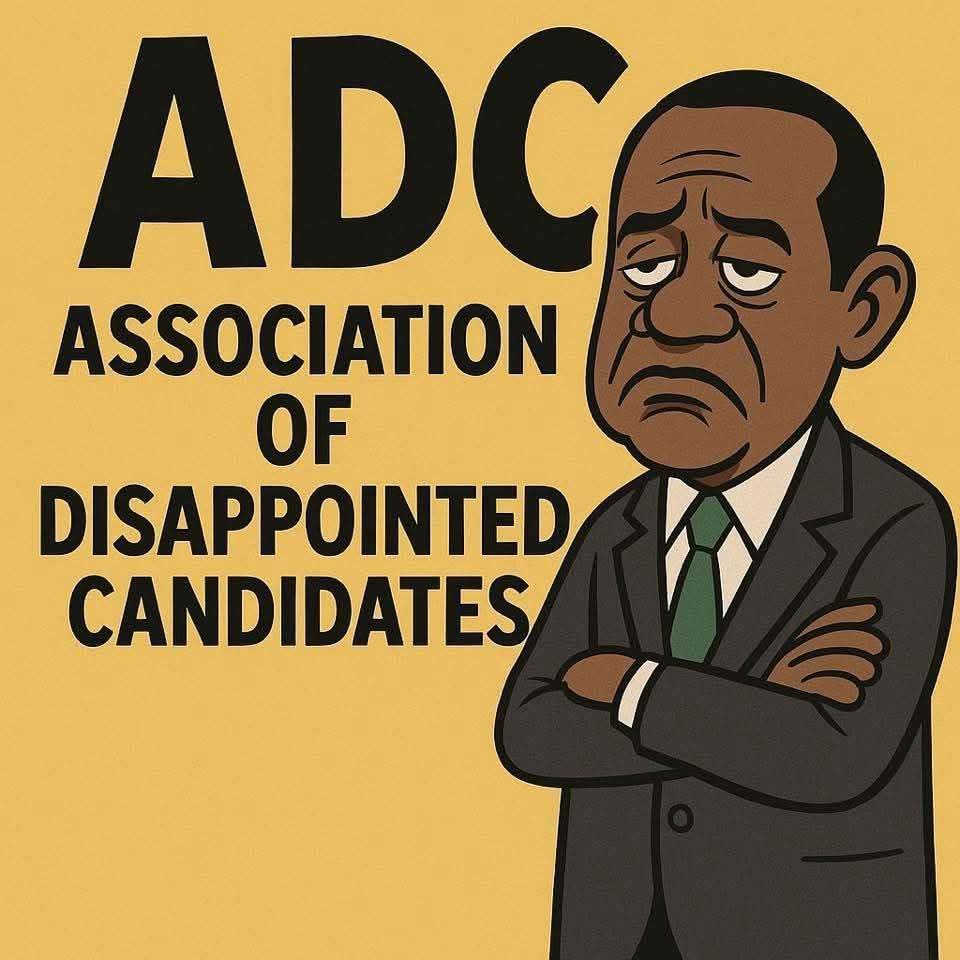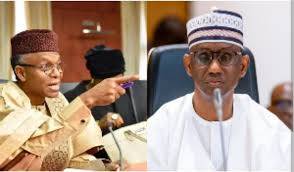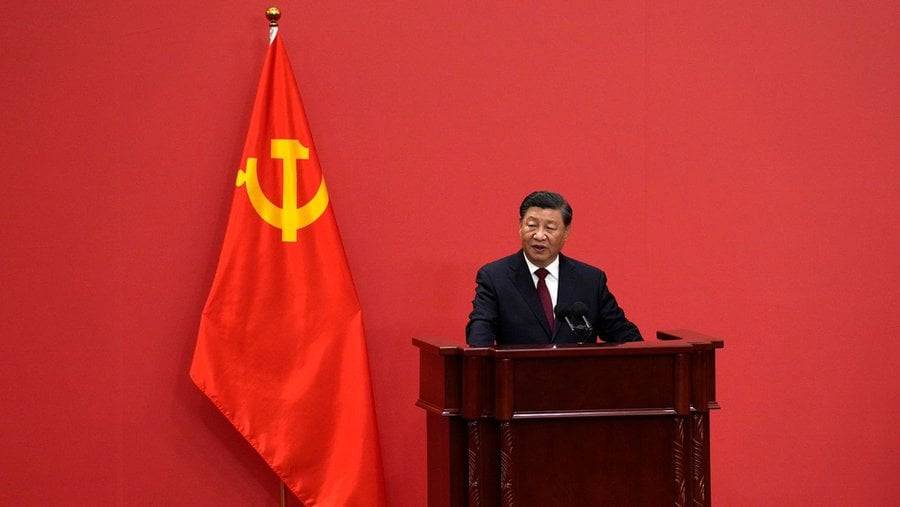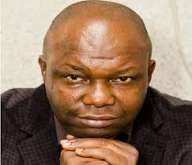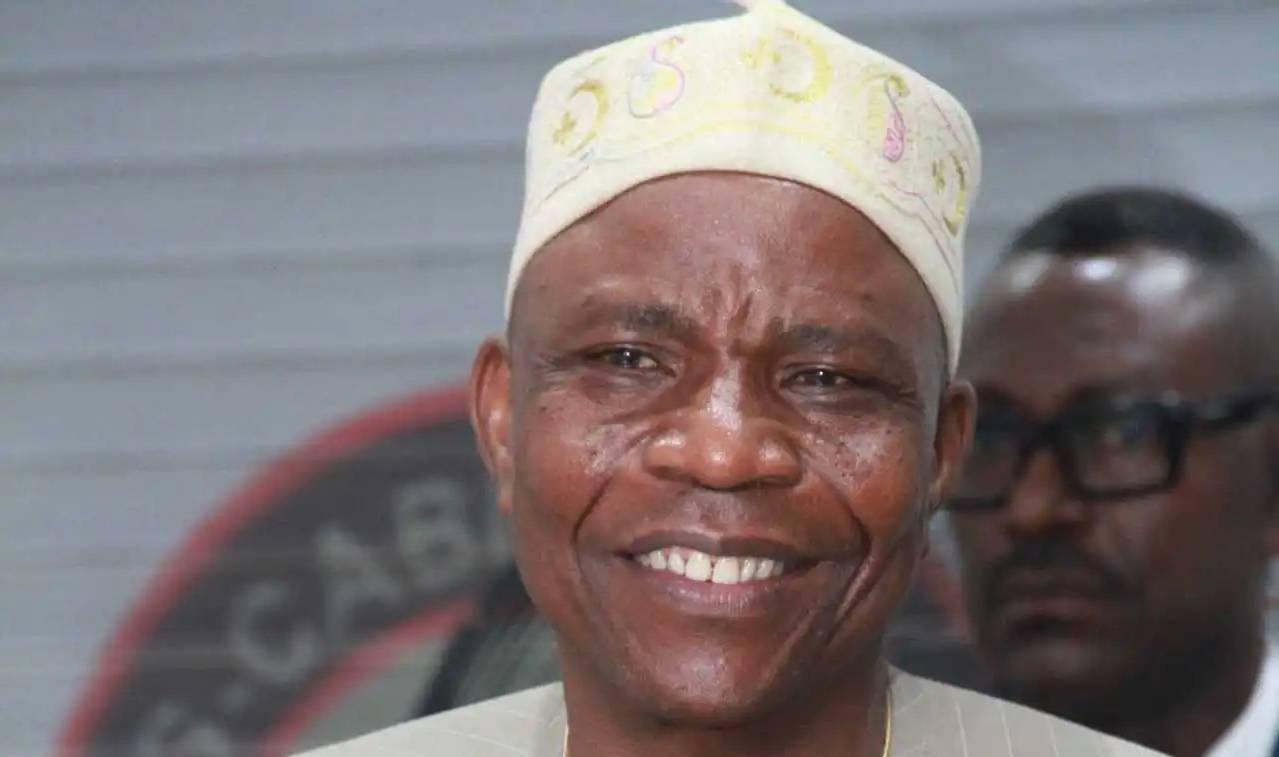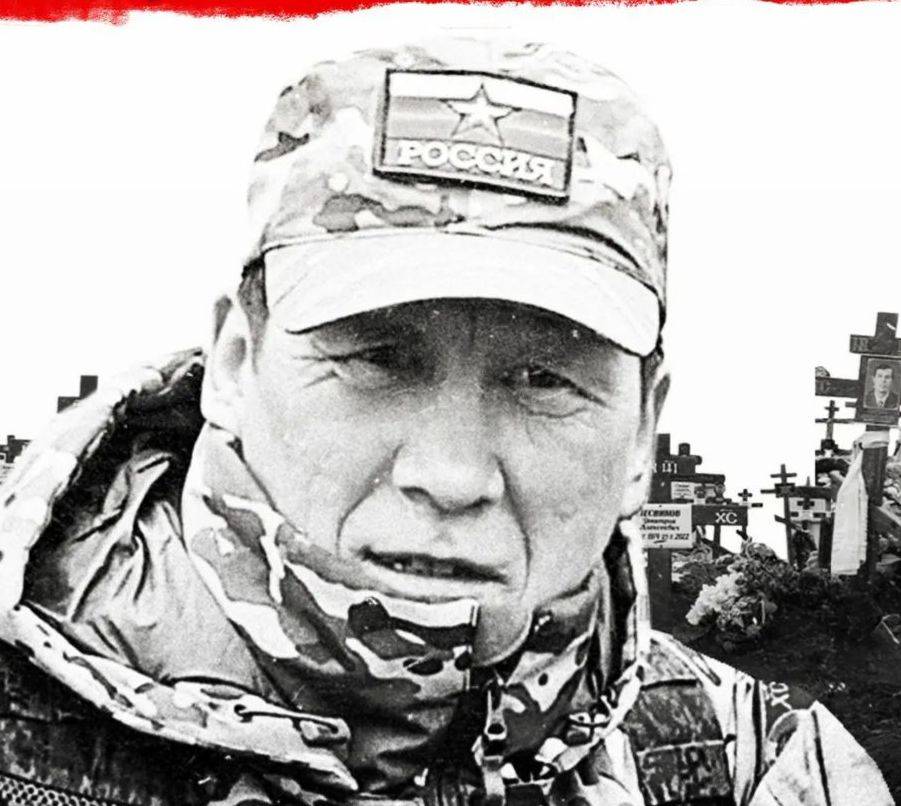By Yahaya Balogun
The destiny of the PDP was long predictable: it would constitute the association of unreusable political jobbers who have been in recycled power since the 1960s of the Common Era (CE) and Anno Domini (AD) designations. Also, a structure erected upon dubious foundations is destined to collapse, a reality that starkly illustrates the fate of the People’s Democratic Party (PDP). This political entity emerged from a turbulent history marked by a lineage of military rulers who operated under oppressive regimes. These regimes were notorious for systematically dismantling the very essence of Nigeria, forcing many of its most promising leaders and talented citizens into self-imposed exile as they sought refuge from the harrowing conditions at home.
As aptly captured in her comment, Ms. Mulikat Adegbite, one of my esteemed readers, said: “Behold the flock: like-minded souls united in blissful ignorance, believing we’ve overlooked the chaos they wrought upon this land. They are the architects of our current reality—a swarm of destructive influences among Nigerian leaders attempting a resurgence. Yet, it’s the identity of their chosen standard-bearer that will ultimately unravel their dark alliance. Each one consumed by self-interest, they are blinded by greed and an unquenchable thirst for siphoning our shared commonwealth.”
To those who take the time to closely analyze the journey of the PDP, it becomes painfully evident that this party has always been precariously positioned, susceptible to the storms of retribution and the consequences of its own missteps. The reign of Olusegun Obasanjo serves as a poignant case study in this narrative. Obasanjo’s ascent to power was initially greeted with cautious optimism as the country slowly emerged from the shadow of ineffective and ruinous military control. It represented a flicker of hope for a nation still grieving the tragic aftermath of the annulled 1993 presidential election, a catastrophe for which the revered Victor-Late Chief MKO Abiola paid the ultimate price. His dream of a democratic Nigeria, so close yet so cruelly snatched away, lingered in the hearts of many.
However, the brief honeymoon phase of this newfound democracy was short-lived. President Obasanjo squandered this unique opportunity to usher in a new era for Nigeria, rather than using his position to forge a path toward national healing and reconstruction. Instead, he resorted to manipulating the political landscape to suit his own ambitions, blatantly disregarding the Nigerian constitution while ruling as though he were an unrestrained ex-Abacha escape, hell-bent on extending his ill-gotten power. His actions not only alienated a populace eager for genuine reform but also set the stage for a recurrence of distrust that would plague the PDP for years to come.
Today, the political struggles and fragmentation plaguing the PDP cannot be dismissed as mere coincidences; they are, instead, the inevitable consequences of a party that has consistently demonstrated reckless disregard for the aspirations and well-being of the Nigerian people. The PDP, alongside any coalition of self-serving interests that prioritizes their own agendas over ordinary Nigerians’ dreams and hard work, is bound to encounter the harsh repercussions of their actions. The careless architects of Nigeria’s stagnation may soon find themselves facing a historical reckoning as the very fabric of the political landscape begins to unravel around them.
As tensions rise and a fierce power struggle simmers within the ranks of the PDP morphed to ADA, now ADC, the question remains: will the stakeholders of the collision ADA-PDP-ADC rise to the moment, or will they continue down a path that history will not forgive? As the shadow of doubt hovers over the new vulture party, the stakes have never been higher.
The future of the ADA-PDP-ADC hangs in the balance, and its recycled leaders must confront the challenges ahead with a renewed commitment to integrity, rather than greed, and address the insidious blockage to the welfare of the Nigerian people. History is a relentless judge of both omitted actions and commissioned inactions.
Yahaya Balogun writes from Arizona, USA.


